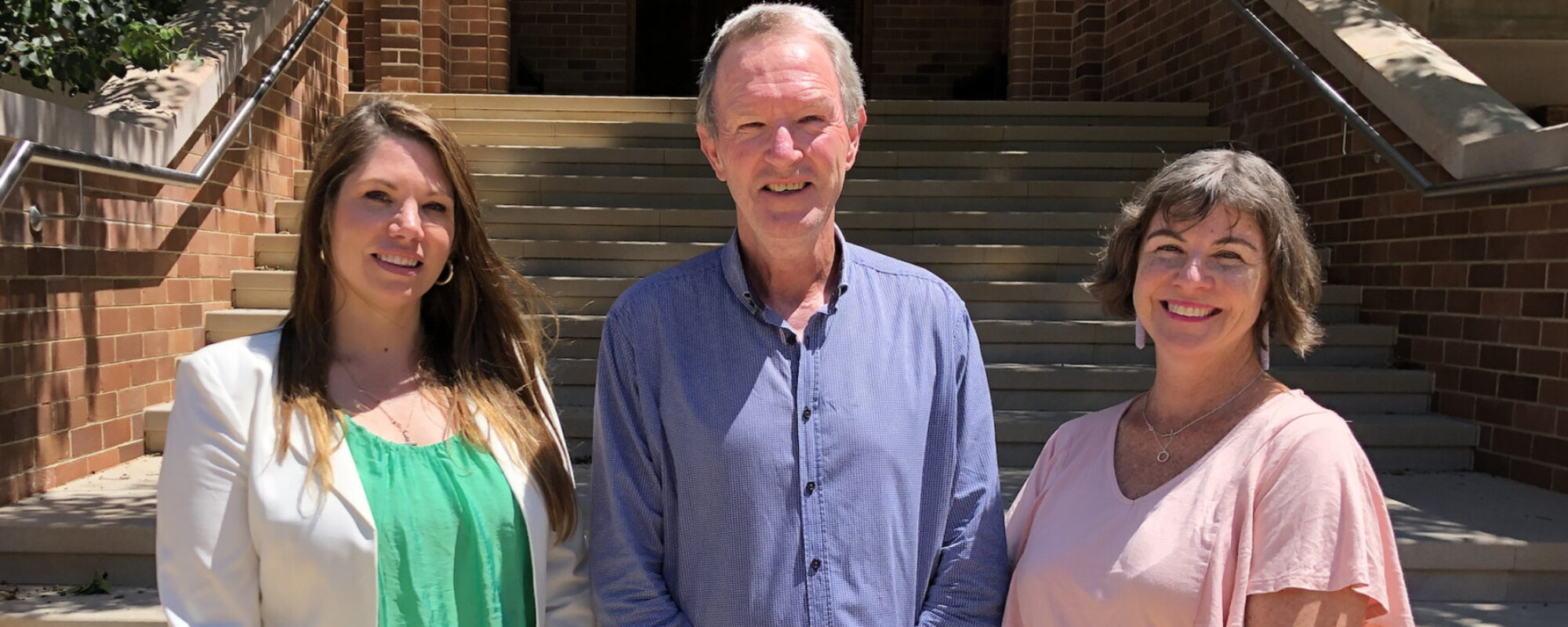From the Chaplains
A beloved colleague sent me a recipe for ‘Marry Me Chicken’ on Valentine’s Day. Evidently this dish has gone viral on TikTok, purporting to cause unwitting suitors to propose marriage by the last bite. It got me thinking about the lengths we go to when we are in love. Is Beyonce right, are we “Crazy in love?”
A team of Doctors at Harvard researched the chemical effect of love in human brains. The 2005 study analysed MRI images of the 2,500 brains of individuals in the throes of romantic love. Participants brain chemistry lit up and became flooded with dopamine (the so-called feel-good neurotransmitter) when shown photos of those with whom they were romantically engaged.
Intriguingly, Dr Schwartz, found that “When we are engaged in romantic love, the neural machinery responsible for making critical assessments of other people, including assessments of those with whom we are romantically involved, shuts down. That’s the neural basis for the ancient wisdom ‘love is blind’.”
This year Valentine’s Day and Ash Wednesday both fell on 14 February seeing celebrations of romantic love coincide with that of divine love. Ash Wednesday marks the beginning of the Lenten calendar, revered in the Christian Calendar as a time of reflection, prayer and fasting in the lead up to Easter (Orthodox Christian traditions celebrating a little later from March 18).
Traditionally, Ash Wednesday is a day of prayer and fasting, where worshippers commit to fasting from anything from specific foods to technology or “negativity.” The dictum “Remember that you are dust, and to dust you shall return” is recalled that we might consider our need for repentance and humility before the greatness of God. Ashes are prepared by burning palm leaves from the previous year’s Palm Sunday celebrations and used to mark the sign of a cross on worshipper’s foreheads.
In the first letter of John we read “ This is love: not that we loved God, but that he loved us and sent his Son as an atoning sacrifice for our sins.”
As God looks upon us, he in fact is not blinded by love. He sees us for who we truly are, in all our human imperfection. And yet, loves us. God’s love gives us the ability to be honest about the lovely and unlovely within us. Love floods more than God’s brain chemistry, it floods his entire Being, to the point at which he will lay down his life in the pursuit of that love. For as we read in John’s Gospel, “Greater love has no one than this: to lay down one’s life for one’s friends.” In “giving up” something during the time of Lent, we recall the “giving up” of God’s own life, inlove, for us.
So, as we enter this Lenten season, may each of us know love, in the beauty (and sometimes imperfection) of its forms. That we might know love, even in the dust.
Cass Blake
College Chaplain

